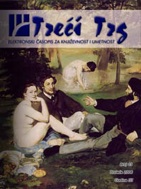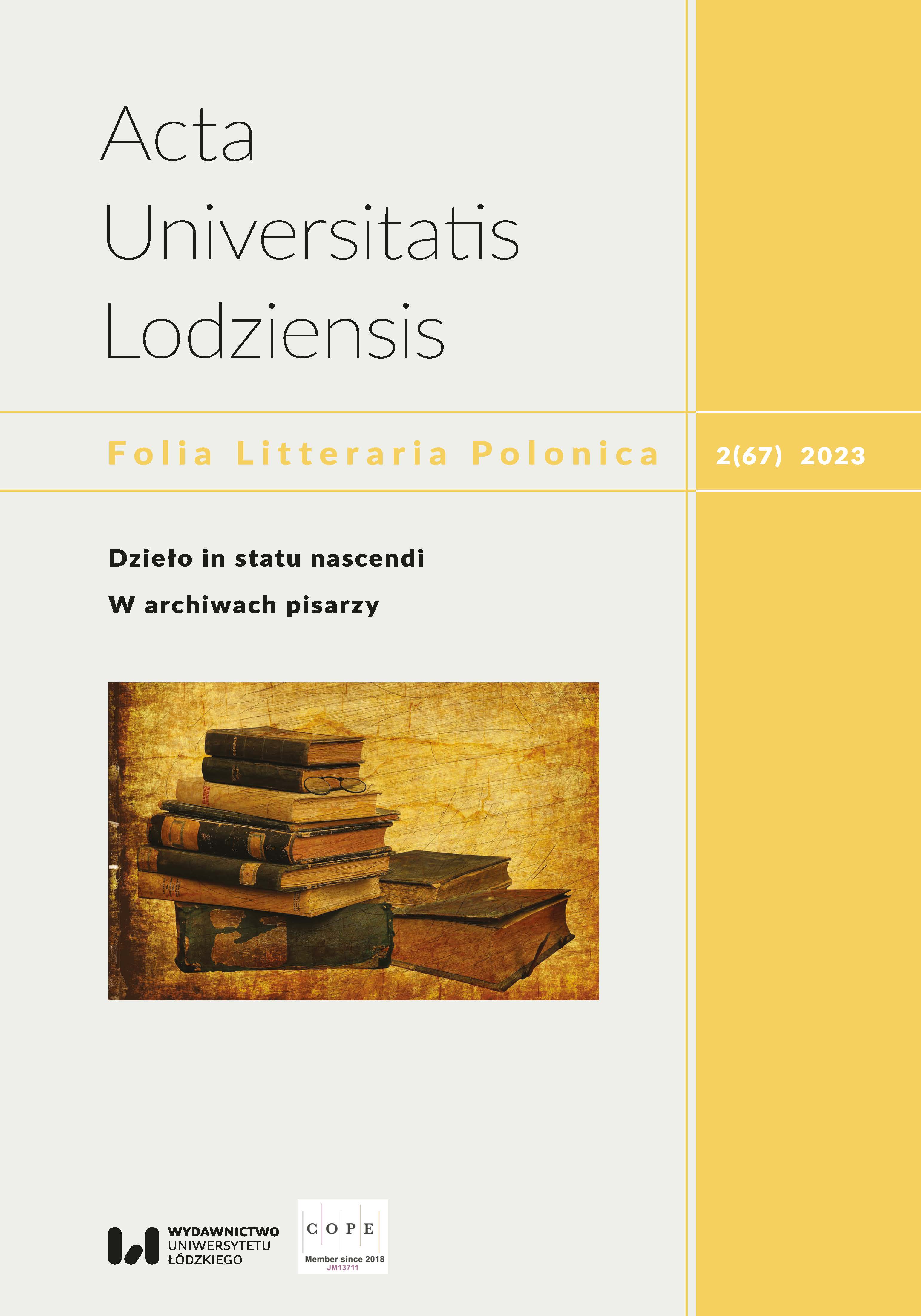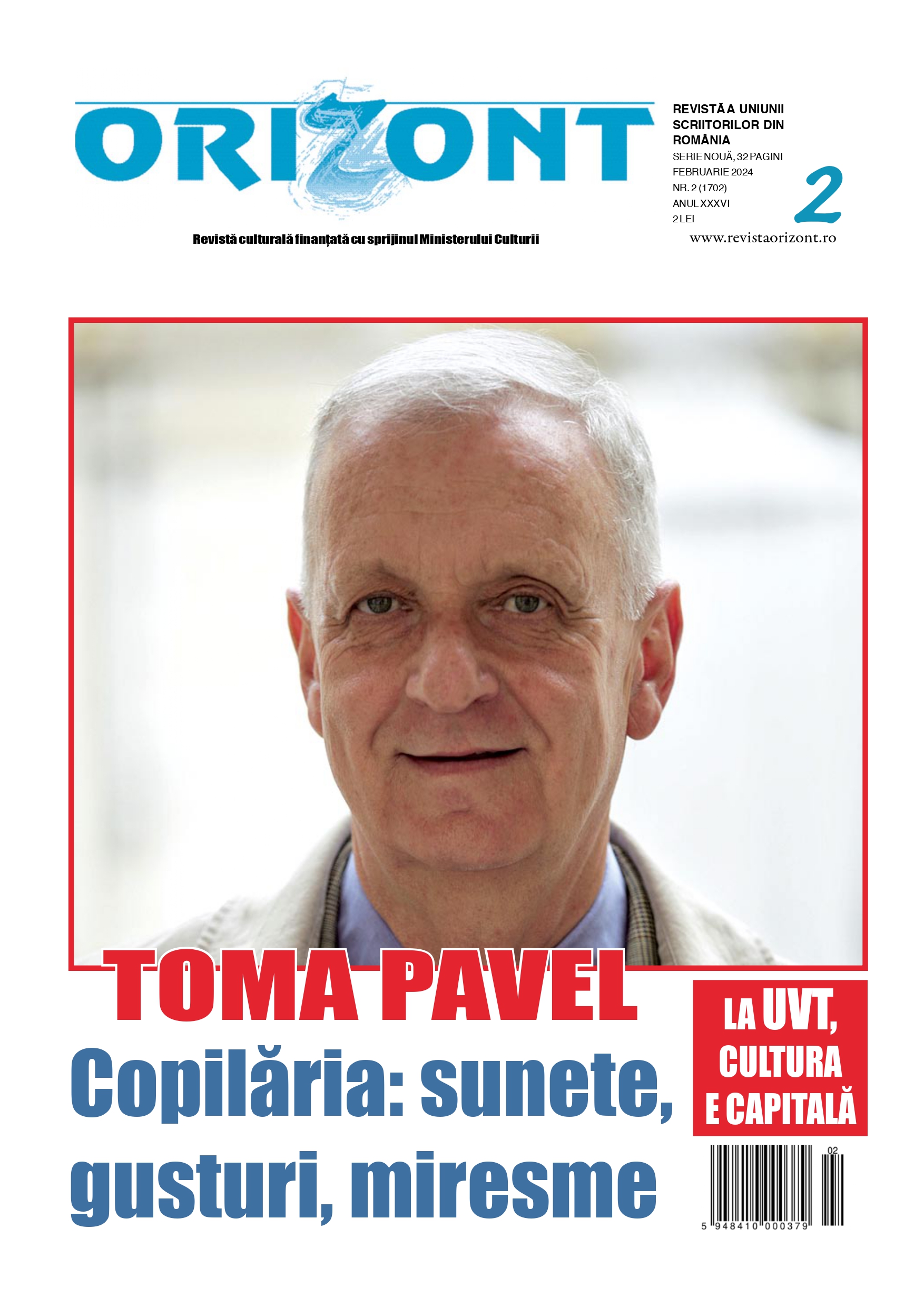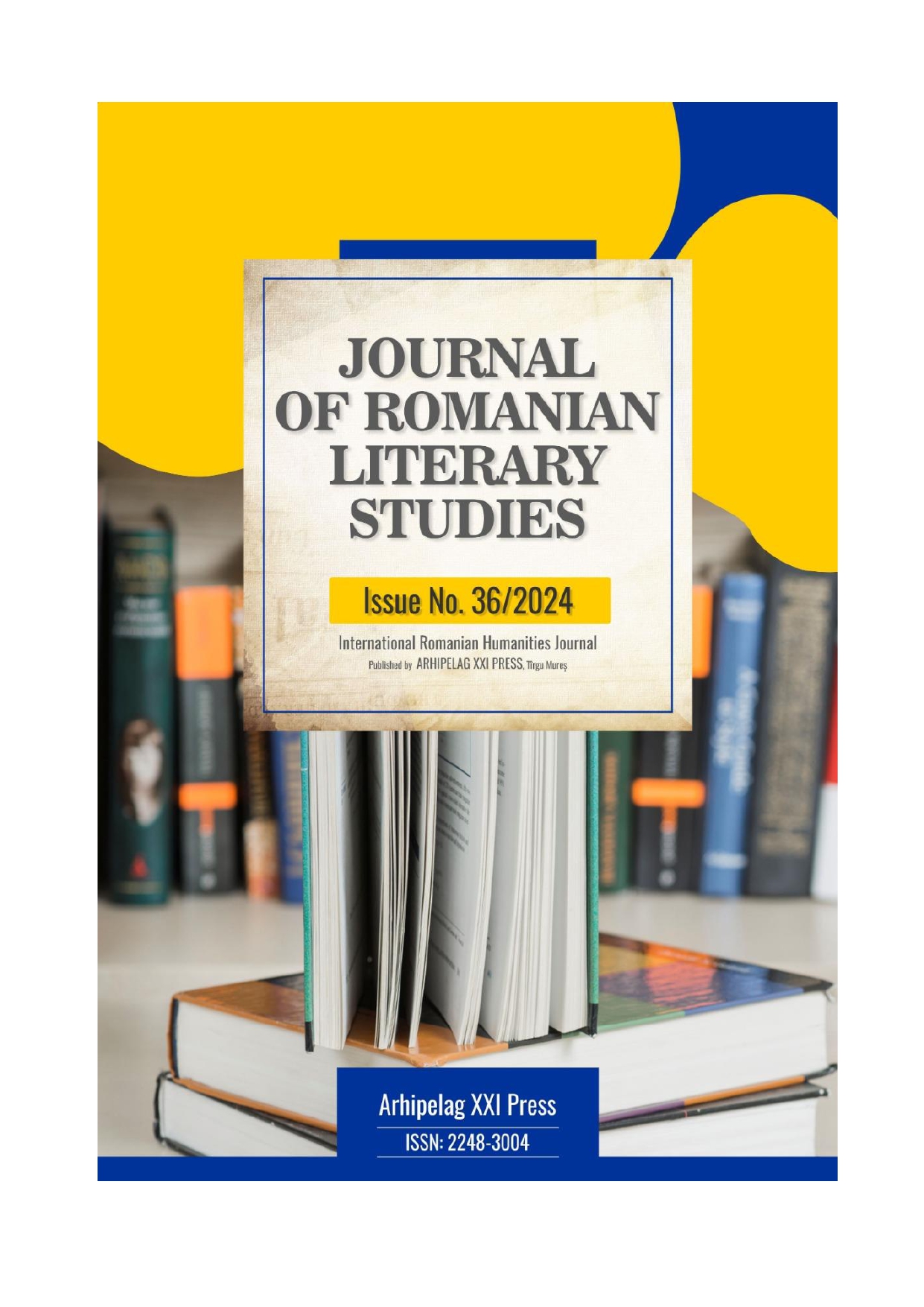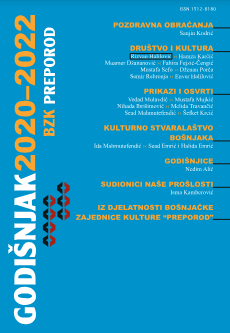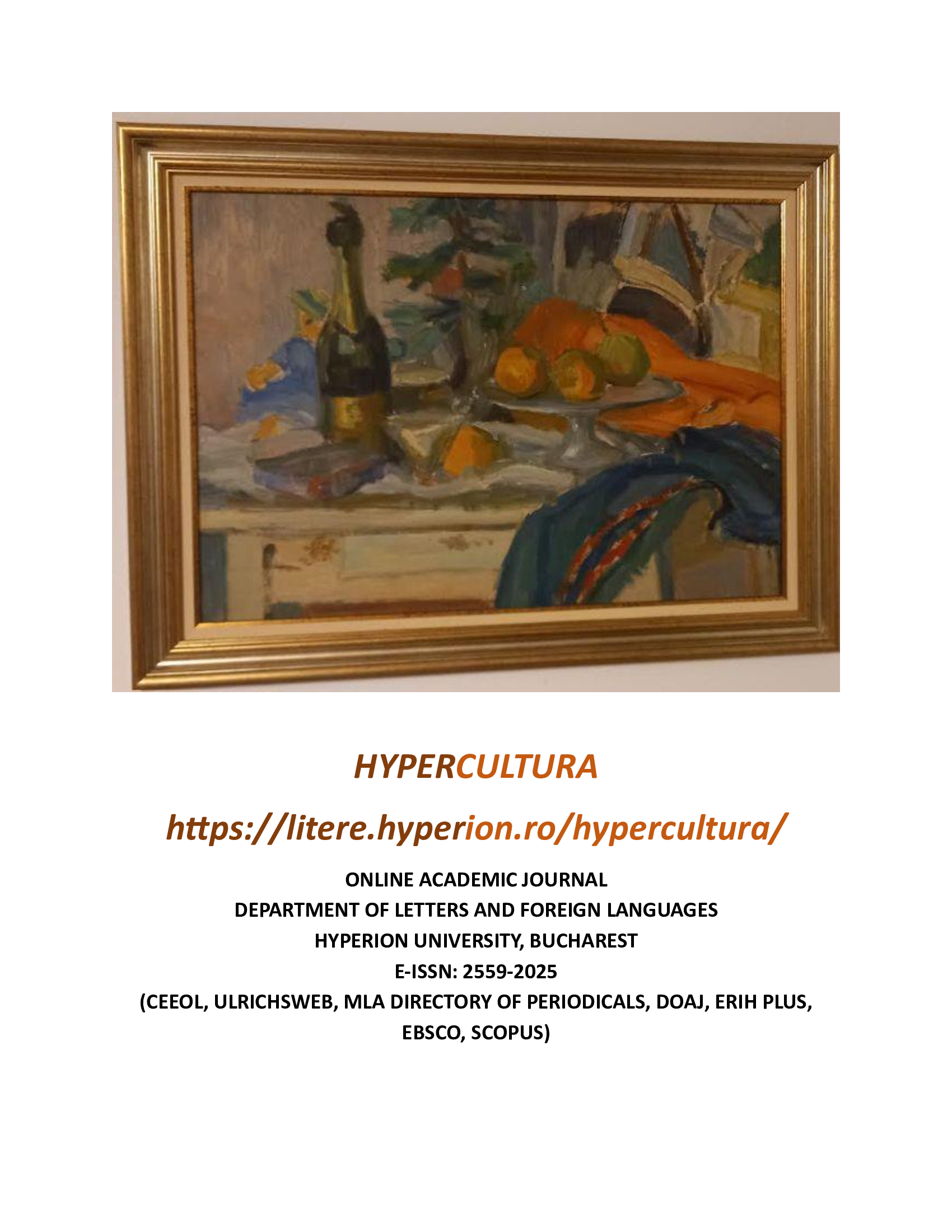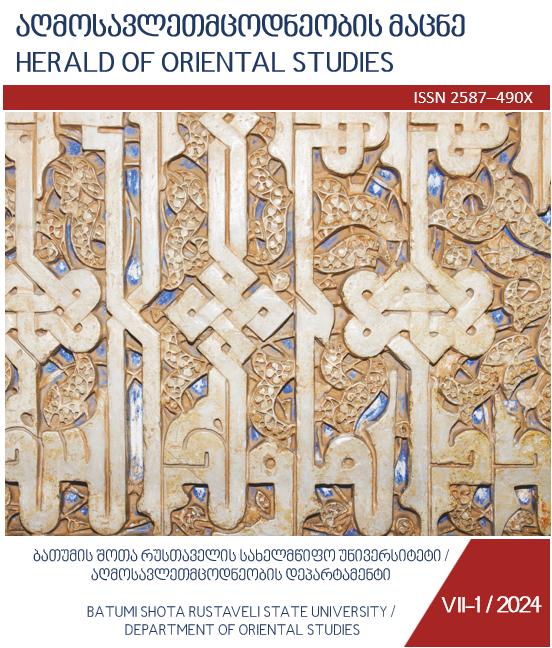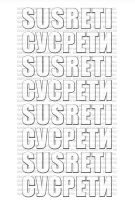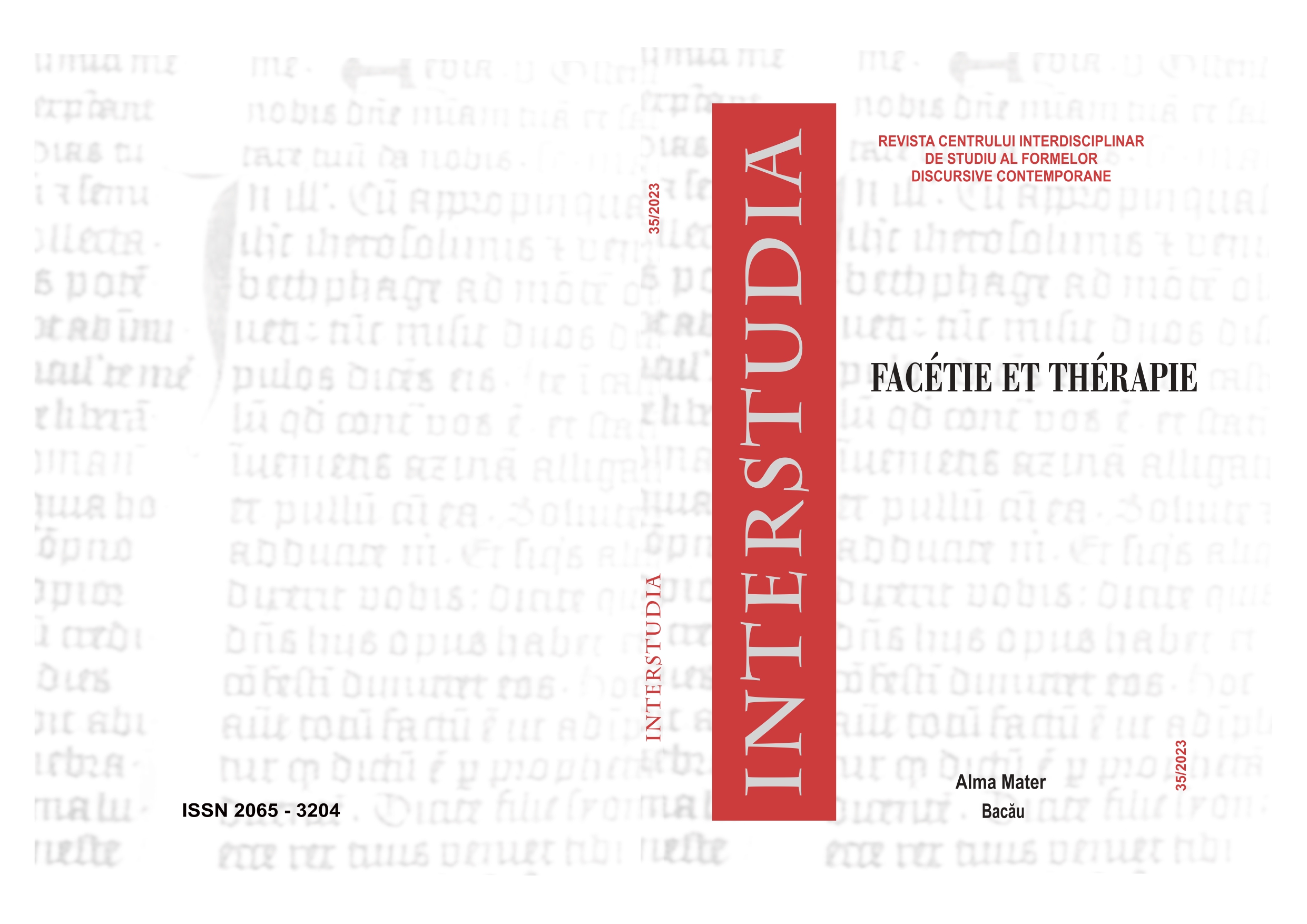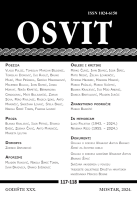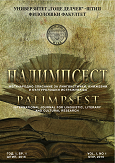
COSMOGONIC AND APOCALYPTIC VISION OF THE WORLD IN THE PROSE OF ŽIVKO ČINGO
The fiction of Živko Čingo, Macedonian writer created in the spirit of magic realism, is based on the mythical and magical core generating myth about the Holy Land Paskvelia, which has been destroyed due to the frequent mistakes of its inhabitants and transformed into Pustelia (Wasteland). The structure of the fictional world in this novel is based on the connection between the traditional, patriarchal, religious, and the new socialist, communist atheistic world, on the mutual interaction of Chaos and Cosmos, of good and evil, ultimately leading to the "last times" and an apocalyptic end. Therefore, the goal of this paper is to determine, using the literary-historical, analytical, anthropological and comparative method, as well as the artistic means through which the narrative of cosmogony and apocalypse is achieved in Čingo's narrative prose.
More...
